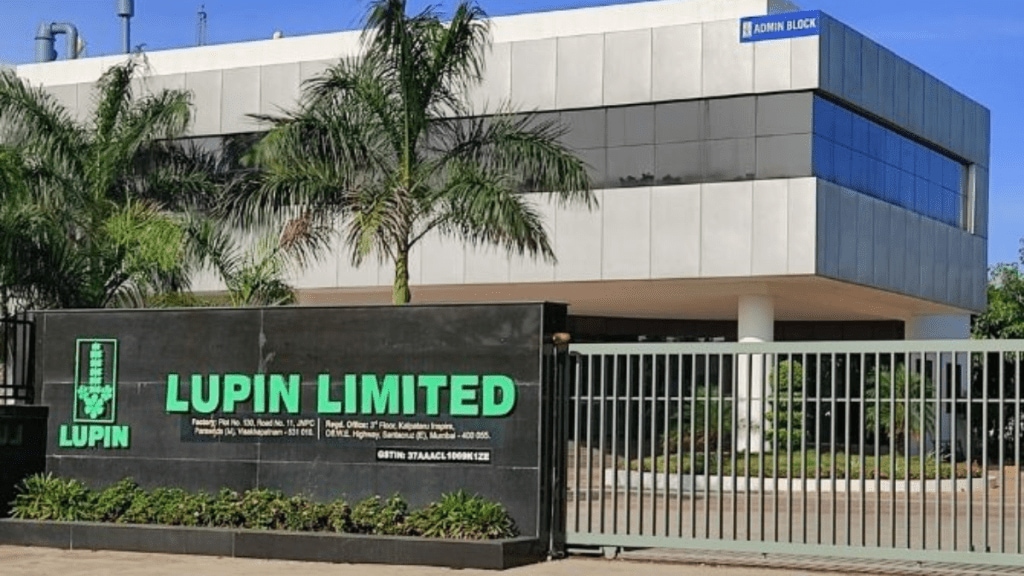The pharmaceutical major Lupin has signed a license and supply agreement with the Chinese pharmaceutical company Sino Universal Pharmaceuticals. The company is working towards selling Tiotropium Dry Powder Inhaler (DPI), 18 mcg capsule in the Chinese market.
While the Sino Universal Pharmaceuticals will get the necessary regulatory approval from the Chinese authorities, Lupin will be responsible for manufacturing the medicine and will be the Marketing Authorization Holder.
Tiotropium Dry Powder Inhaler capsule improves lung function by opening the airways, making breathing easier.
Lupin’s China expansion strategy
China, being one of the largest markets in the world, has attracted attention from major Indian pharmaceutical companies companies including Lupin. With a market cap of over Rs 91000 crore and 8th position in the Indian pharmaceutical market, China is agreeing to work towards setting its feet in the Chinese market.
Lupin entered the Chinese market in January 2022 when it partnered with a Chinese pharmaceutical company, Shenzhen Foncoo Pharmaceutical, to launch generic medicines. The same year, it partnered with Yabao Pharmaceutical, another Chinese firm, to launch pediatric drugs targeting therapeutic areas in the Chinese market.
Lupin focusing on high-demand specialty medicines
With the launch of Tiotropium, the company is not just looking at the generic market but also focusing on high-demand specialty medicines.
Fabrice Egros, President of Corporate Development at Lupin, said in a statement that the latest partnership with Sino Universal Pharmaceutical demonstrates their commitment to developing critical products for treating respiratory diseases such as COPD and establishing their leadership in the global respiratory health sector.
“SUP is our esteemed partner in this endeavor, and together we aim to enhance patient access to innovative and high-quality healthcare solutions.”, Fabrice added
Lupin is working with Chinese companies through non-equity partnerships. To navigate the Chinese healthcare ecosystem’s complex regulatory landscape, Lupin prefers a local partnership over a subsidiary model.
